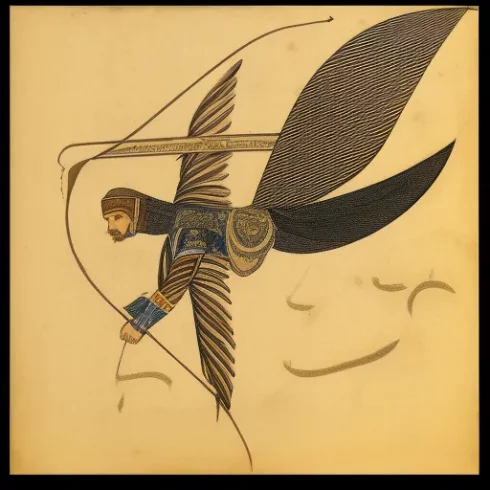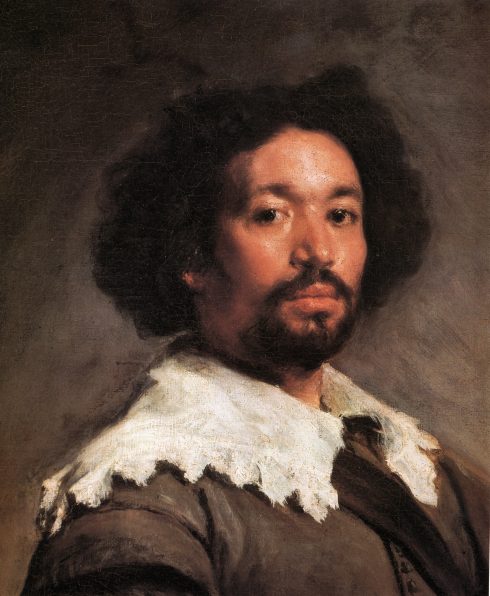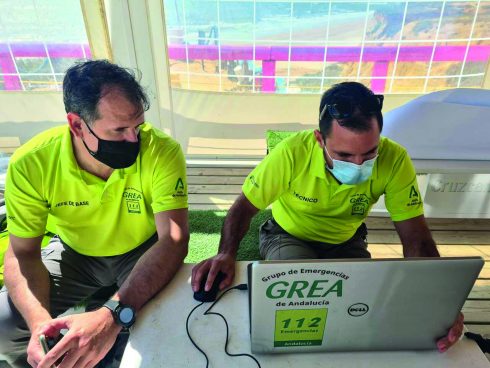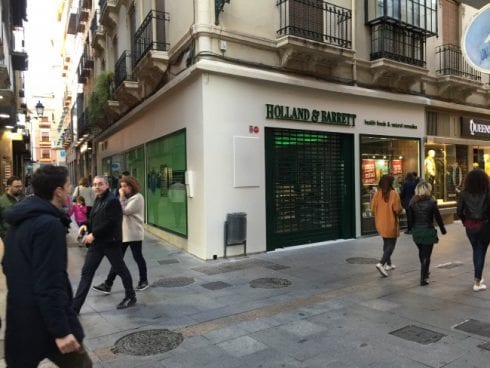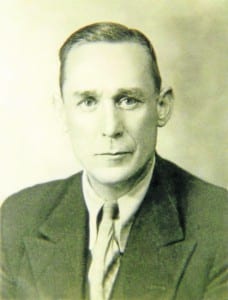
HE collected butterflies along the Costa de la Luz and was instantly recognisable, thanks to his rather bizarre appearance.
Emaciated by a childhood bout with malaria, with thick glasses and huge ears that stuck out from his skull at right angles, Adolf Clauss was known in this part of Spain as ‘The Shadow’.
Yet his covert activities from Huelva to Gibraltar changed the course of the Second World War and, by default, greatly influenced the British legacy on the Rock.
In true expat fashion, Clauss often claimed Spain was his ‘Homeland’ but Germany ‘The Fatherland’.
The Clauss family had made a fortune in supplying staples and industrial supplies to the burgeoning British-owned Rio Tinto mines in Huelva province.
In the late 19th and early 20th centuries, the British and German expatriate communities lived side by side in harmony, and in many cases, riches. But the outbreak of the Second World War changed everything.
Germany sought Spain’s allegiance as payback for the military support Hitler had provided Franco in the Spanish Civil War. Meanwhile, England hoped for Spanish neutrality, realising the tactical importance of the Mediterranean coastline.
Gibraltar, in particular, was strategically important for merchant and military shipping, and would be vulnerable if Germany enlisted Spain as an ally.
Out there with his binoculars, Adolf Clauss was not so much looking for butterflies but monitoring every ship coming and going from the ports of Huelva, Cadiz and especially Gibraltar. And he was not alone.

He was actually running the largest and most efficient German spy ring in Spain.
Clauss enlisted (mostly through bribes) the services of dockworkers, harbourmasters, the Guardia Civil, taxi drivers, fishermen and shopkeepers.
His spy network had the ear of the Führer himself, Adolf Hitler.
This fact was not lost on British Intelligence Agencies however, and, in a shrewd game of double agents and espionage, the British were able to use his against him.
In what historians have come to call Operation Mincemeat, Clauss fell victim to his own success. An elaborate disinformation plan was accomplished by persuading the Clauss spy network that they had intercepted ‘top secret’ documents.
The ‘official’ papers, deliberately attached to a corpse that was allowed to wash ashore, gave false details of the Allied war plans.
The elaborate hoax revealed an imminent Allied invasion of Greece and Sardinia – instead of the actual target of Sicily.
Clauss sent the false details to Hitler himself who fell for the deception. Thrown off the scent, the Germans redirected their defensive efforts.
Thousands of lives were saved and Operation Mincemeat is said to have changed the entire tide of the war.
German influence in the Mediterranean was greatly diminished and Gibraltar remained British without serious threat.
Today there are still German and British expatriate communities along the length of the Costa de la Luz, sharing the beautiful beaches, climate and Spanish lifestyle.
Click here to read more News from The Olive Press.


